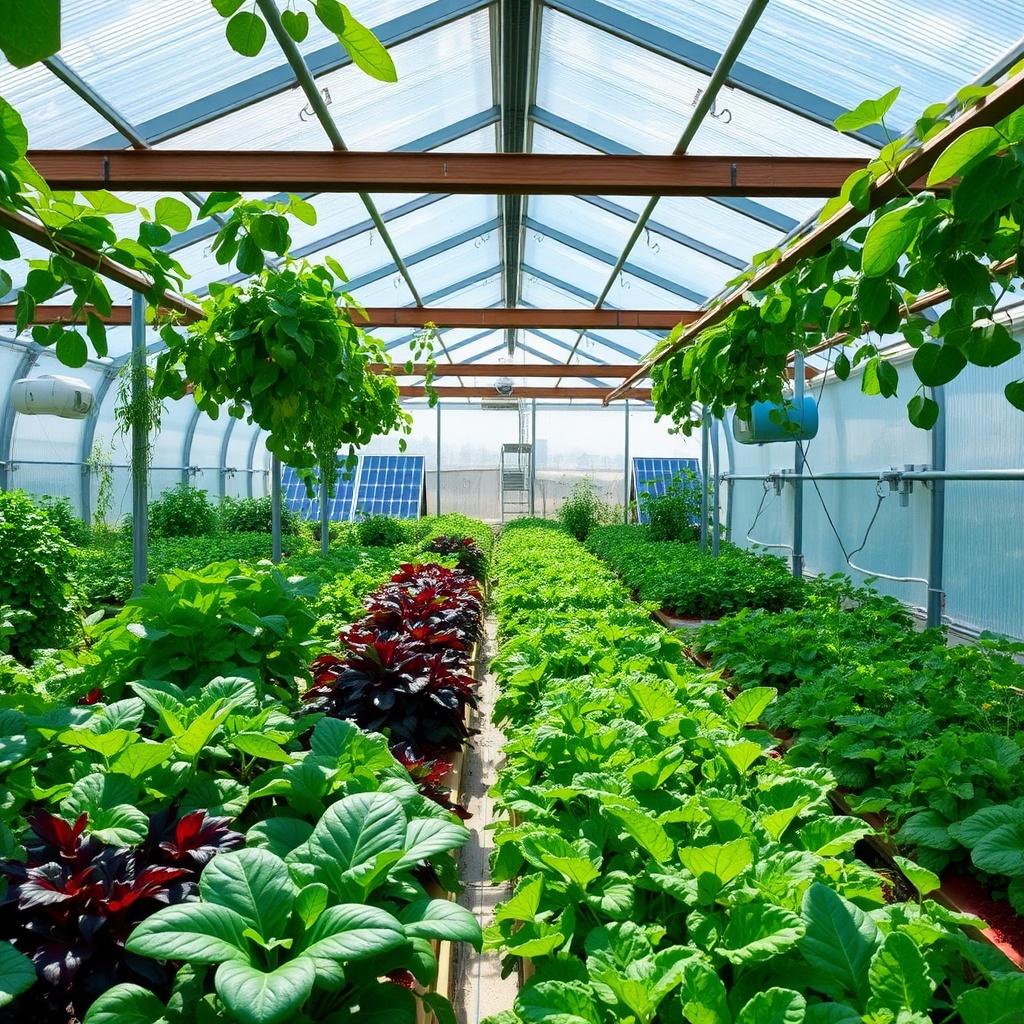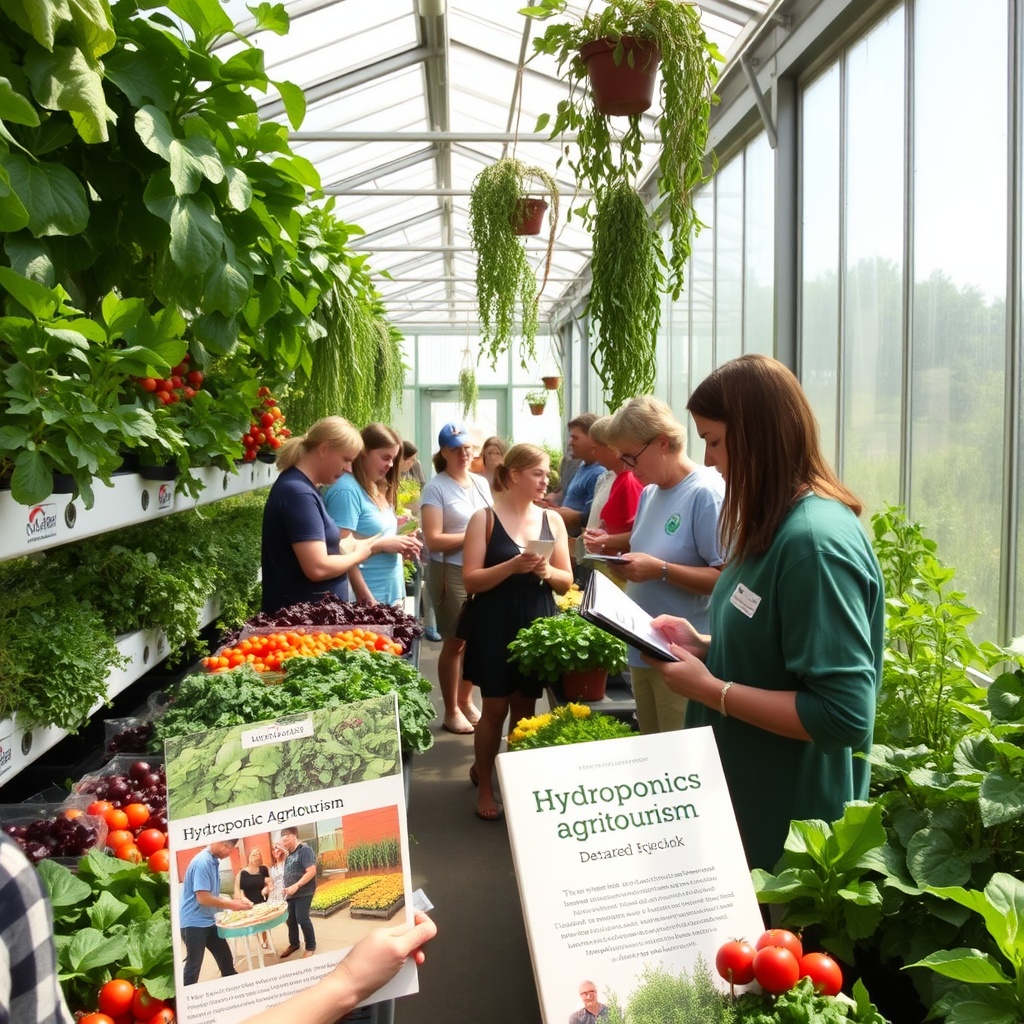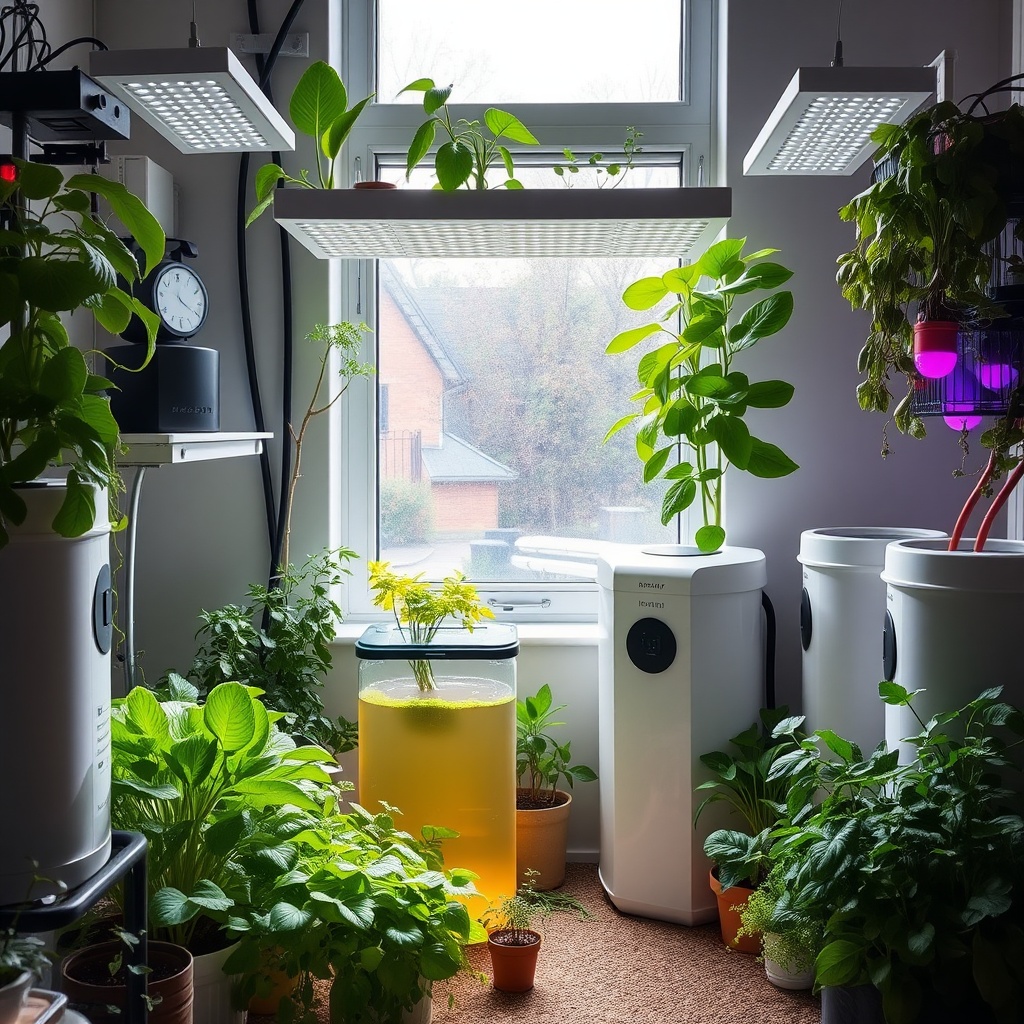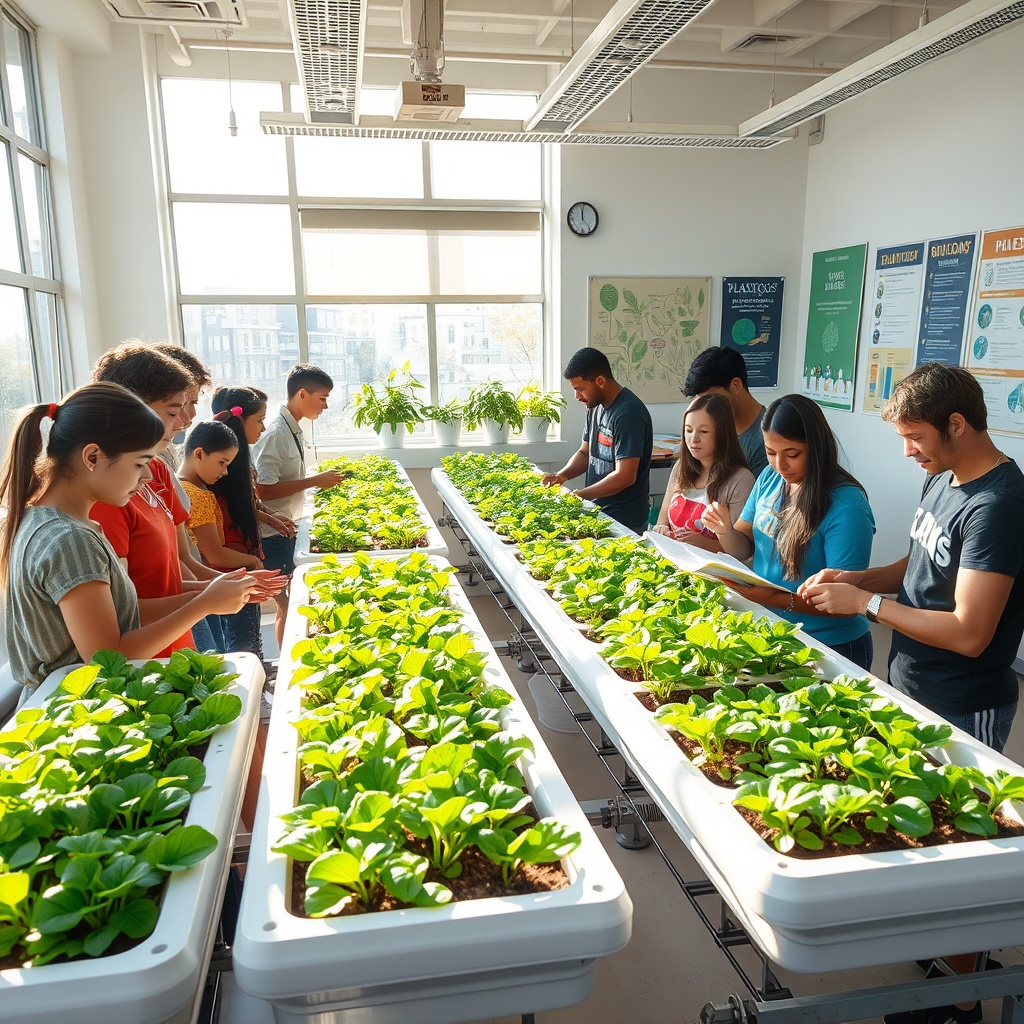The quest for sustainability has infiltrated every aspect of our lives, and agriculture is no exception. As the global population continues to soar, so does the urgency to adopt innovative farming practices that not only meet food demands but also protect our planet. Hydroponics, a method of growing plants without soil, has emerged as a beacon of hope in this sustainability-driven era. This article delves into the dynamic interplay between sustainability and the hydroponic market, revealing how this green revolution is reshaping food production.
Unpacking Hydroponics: A Sustainable Solution
Hydroponics presents an efficient and sustainable alternative to traditional farming. By utilizing nutrient-rich water solutions, this method conserves valuable resources and maximizes yield. The reduction of water usage and the absence of harmful pesticides are just a few of the ways hydroponics aligns with sustainable practices. As consumers become more environmentally conscious, the hydroponic market is poised for exponential growth.
Key Drivers of Hydroponic Market Expansion
Several factors are driving the hydroponic market forward, particularly in the context of sustainability. Here’s a closer look at the primary catalysts:
- Resource Efficiency: Hydroponics uses up to 90% less water than traditional farming methods, making it an ideal choice in water-scarce regions.
- Urban Farming: The rise of city dwellers has led to an increase in urban farming initiatives, with hydroponics providing a viable solution for local food production.
- Technological Advancements: Innovations in hydroponic systems and automation are lowering costs and making it easier for farmers to adopt these methods.
- Consumer Demand: An increasing number of health-conscious consumers are seeking out sustainably grown produce, driving demand for hydroponically cultivated crops.
Future Perspectives: Hydroponics in a Sustainable World
As we look to the future, the role of hydroponics in sustainable agriculture becomes even more critical. With global food security at stake and climate change altering traditional farming landscapes, hydroponics offers a pathway to resilient food systems. The integration of renewable energy sources, such as solar power, into hydroponic systems further enhances their sustainability credentials.
In conclusion, the impact of sustainability on the hydroponic market growth is profound and multi-faceted. By embracing innovative practices that prioritize environmental health, the hydroponic industry is not just keeping pace with the changing agricultural landscape but is also leading the charge towards a more sustainable future.




